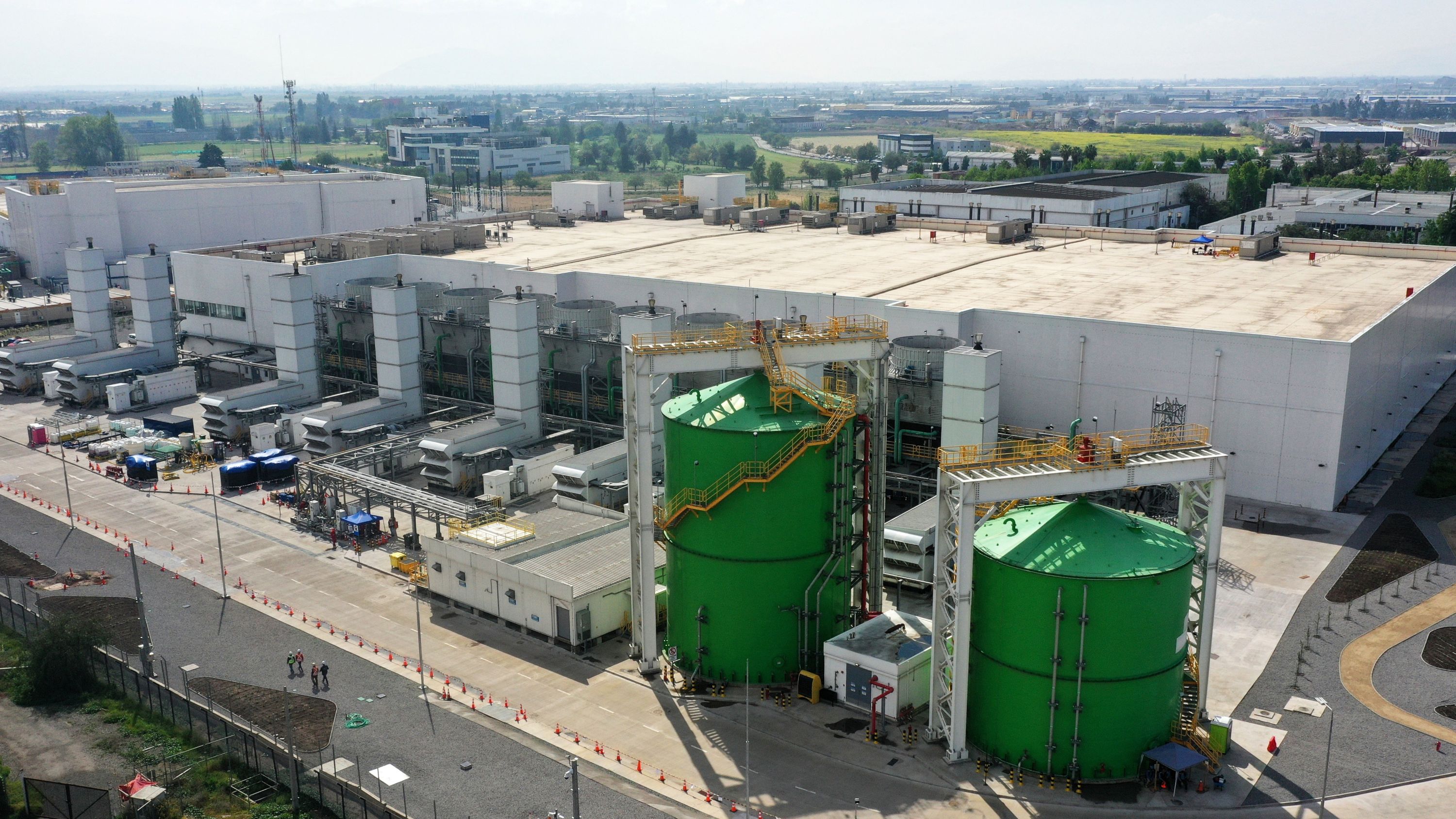So much for reaching net-zero — Google's proposed AI datacenter emissions are mind-boggling
Google's planned new facility in the south of England is going to kick out a serious amount of CO2.

All the latest news, reviews, and guides for Windows and Xbox diehards.
You are now subscribed
Your newsletter sign-up was successful
The impact of the rise of AI on the environment is a very real concern, and it's not one that's going away in a hurry. Especially not when Google's planned new datacenter in the UK looks set to emit the same quantity of Carbon Dioxide in a year as hundreds of flights every week would.
It comes via a report from The Guardian, which has seen the plans for the new facility and the very real carbon impact assessment.
According to the report, the datacenter — which, as yet, has not been given planning consent to proceed — will eject over half a million tonnes of CO2 over the course of a year. This is equivalent to 500 flights from the UK to Spain, every week of the year, to give it some real world context.
Google says, in the planning documents, this is a “minor adverse and not significant impact when compared to the UK carbon budgets.” Is it, though? And that's before considering how much water will be needed to cool it.
Google isn't the only company with plans to invest into AI infrastructure in the UK, either. During this week's state visit of President Trump, NVIDIA and OpenAI CEOs will be attending to announce their respective involvements in what is being coined the "British Stargate" in the north of the country.
Campaigners are naturally concerned, but AI is here to stay and every corner of the globe wants in on it. If you don't grow, you get left behind. As a Brit, I'm happy enough to see that we're not being left behind on the biggest new tech frontier of the generation, but I appreciate and share the concerns on its impact.
The British government does not believe datacentres will have a significant impact on the UK’s carbon budget because of its ambitious targets for electricity grid decarbonisation. Rather it is worried that without massive investment in new datacentres, the UK will fall behind international rivals, including France, resulting in a “compute gap” that “risks undermining national security, economic growth, and the UK’s ambition to lead in AI.
Department for Science, Innovation and Technology (via The Guardian)
For one, I'm almost chuckling at the idea of increasing datacenters for AI, which seems to directly conflict with the country's 'promise' to reach net-zero by 2050. I'm not sure how pumping vast quantities of CO2 into the atmosphere is going to work hand-in-hand with that one, but maybe we're yet to see how it will be balanced out. I'm prepared to be wowed!
All the latest news, reviews, and guides for Windows and Xbox diehards.
There's also the energy requirement. As outlined in The Guardian's report, datacenters already account for 2.5% of the country's electricity use, and the more of these mega-facilities that come online, the higher that percentage will grow. I can tell you from experience, electricity here does not come cheap.
We already know that companies such as Google and Microsoft use more electricity than a significant number of actual countries in the world. As AI scaling continues, the only direction they're going in those league tables is up.
The AI revolution continues, though, and Trump or no Trump, it's clear the United States is putting itself at the forefront. For us Brits, we'll have to buy in most of it, but at least we'll be around the table. Even if there are questions to be answered about what it's doing to the planet.

Richard Devine is the Managing Editor at Windows Central with over a decade of experience. A former Project Manager and long-term tech addict, he joined Mobile Nations in 2011 and has been found in the past on Android Central as well as Windows Central. Currently, you'll find him steering the site's coverage of all manner of PC hardware and reviews. Find him on Mastodon at mstdn.social/@richdevine
You must confirm your public display name before commenting
Please logout and then login again, you will then be prompted to enter your display name.

